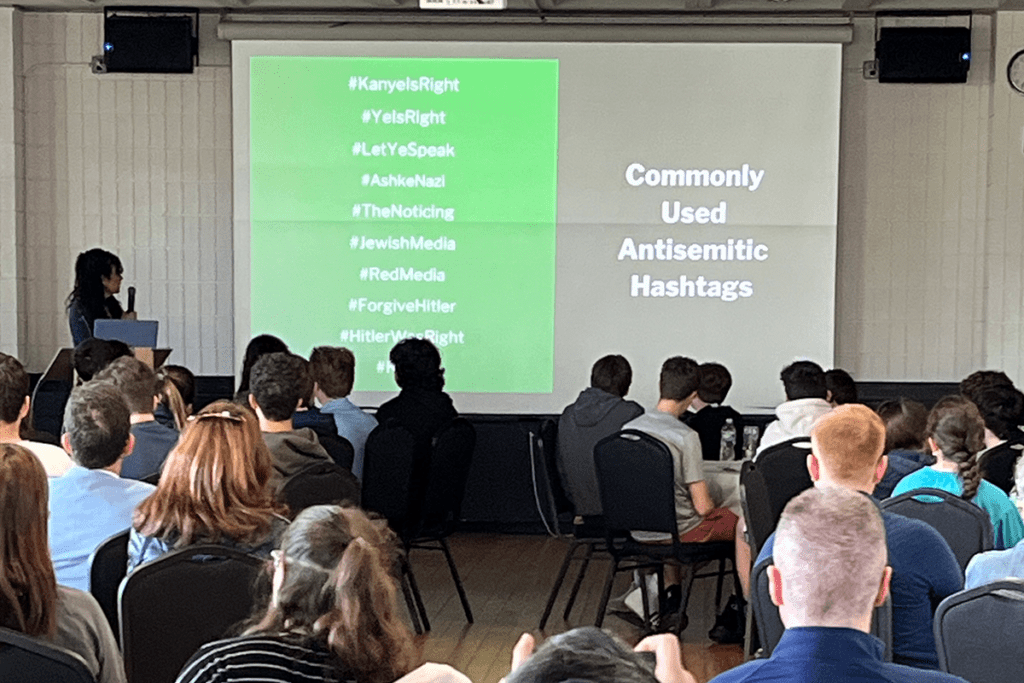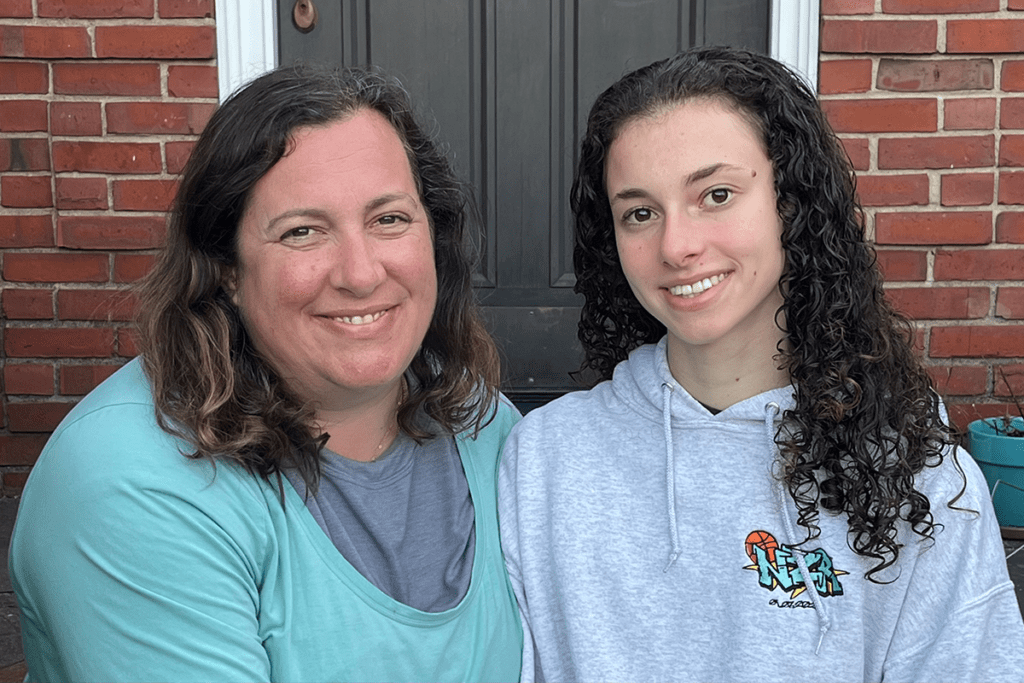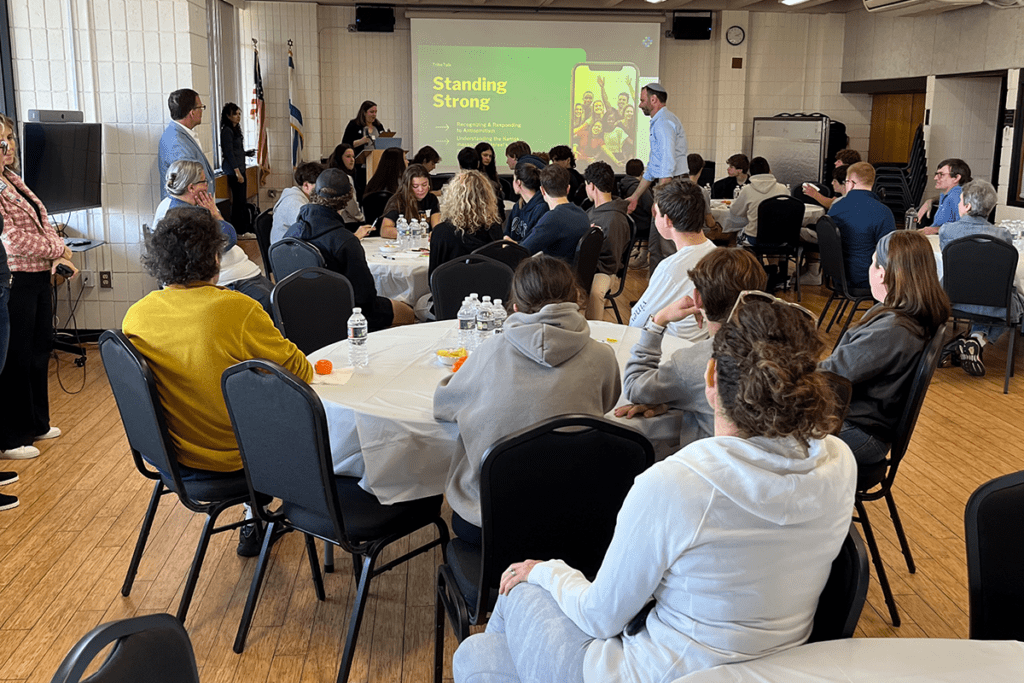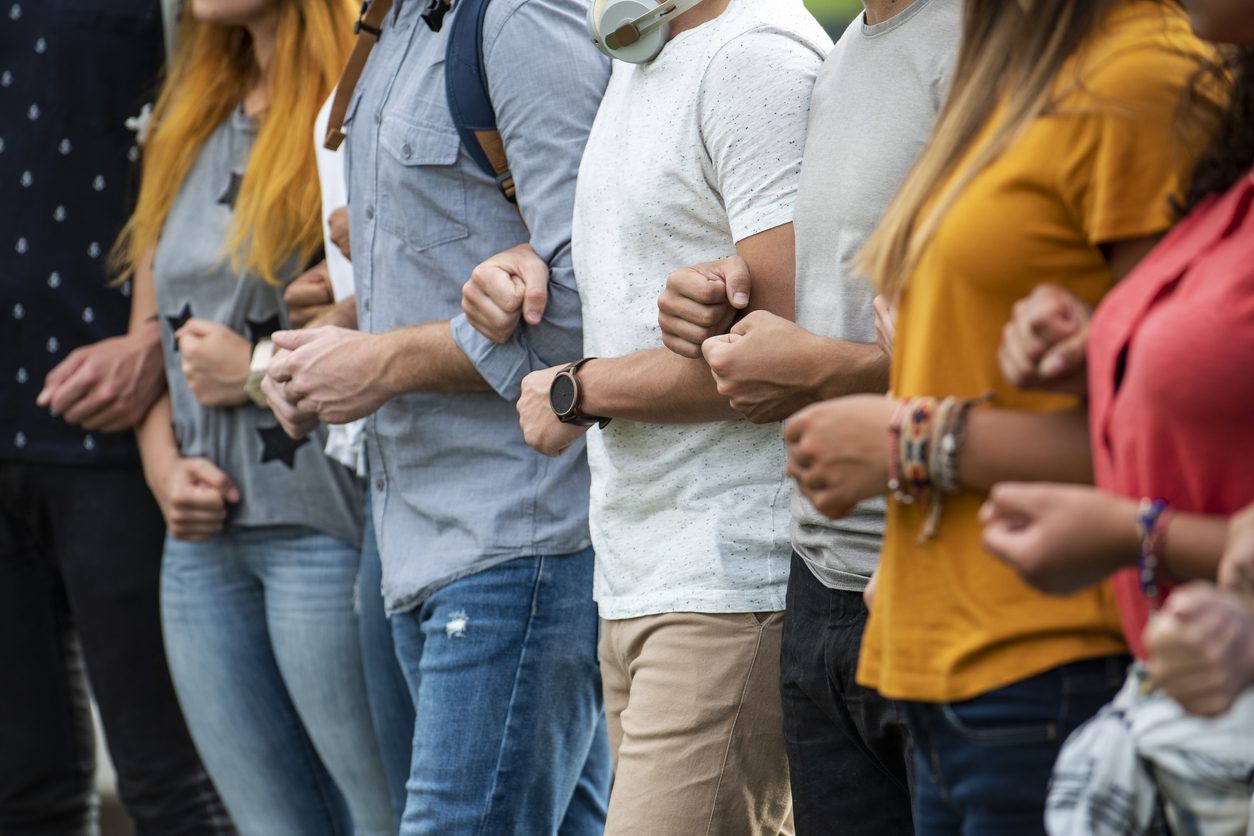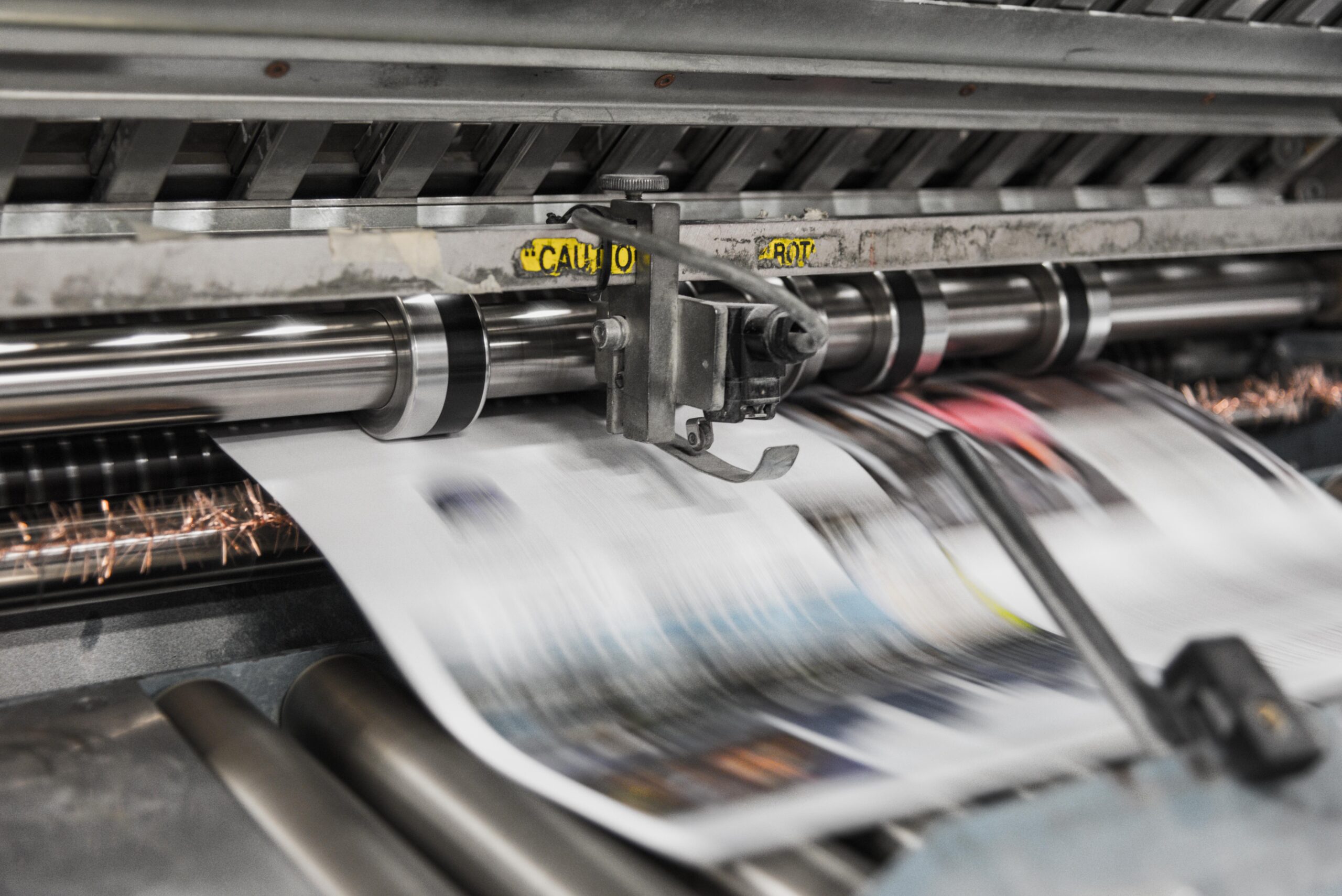By Sarah Plymate
With the almost 400% rise in antisemitism since 2023 and with three Jewish children of my own, I have been deeply concerned about the rise of antisemitism and bigotry in all forms. That’s why I joined the North Shore Antisemitism Task Force in December 2023. This task force brings together a group of educators, community organizers and parents who aim to empower and educate North Shore teens when faced with antisemitism on their campuses and in social media. Our first event, “Standing Strong: Empowering Teens to Recognize and Respond to Antisemitism,” was hosted by the nationally recognized organization TribeTalk.
Our task force was able to get the support of 16 sponsors, both Jewish and non-Jewish organizations. We wanted our teens to know that the North Shore community is here to support them and won’t stand for antisemitism. The fact that individuals and groups actively came together to tackle antisemitism head-on sends a powerful message of unity and resilience. I loved TribeTalk’s encouragement for students to engage with Jewish life on college campuses, find meaningful ways to connect with their identity and community, and provide a sense of belonging and support during challenging times. Whether through joining Jewish organizations, attending cultural events or participating in religious gatherings, these experiences can enrich students’ college experiences and foster a strong sense of community.
At the dinner table after the event, I spoke with my biggest critic, my teenage daughter. She enjoyed the slide deck and educational overview of the history of antisemitism and how to recognize it. Several of her friends from her public high school were there, as well as students from local parochial schools, so she felt better knowing everyone had the same definition of antisemitism and how to recognize it.
She found it particularly powerful when the teens broke into small groups to read scenarios based on real-life antisemitic events that had happened to others, and then collectively decide how to best address the confrontation. Rather than seeing clips and posts from what’s happening on college campuses through social media, these scenarios had actionable answers—there was follow-up, and it was up to each group to figure out what they would do in the given situations. This hands-on approach not only educates teens, creates dialogue and improves critical thinking, but also empowers them to take action when they encounter bigotry in their own lives.
I appreciated Robin Friedman‘s emphasis on the diversity of experiences with antisemitism on college campuses. While not all students may encounter antisemitism, it’s crucial to provide resources and support for those who do. I want my children to be strong in their own identity. By acknowledging the varied nature of these experiences, we can create a more inclusive and supportive environment for all students.
Now is the time to stand up against antisemitism, bigotry and hate of every kind. When I envisioned my kids heading off to college, my thoughts were filled with curiosity. I wondered how they would engage with campus life—would they join Greek organizations, participate in Hillel or Chabad or explore their identities in other ways? Who would they become through these experiences? But today, my concerns have shifted and their safety weighs heavily on my mind. No one should ever feel the need to hide, feel ashamed or bear the burden of guilt when their character is unfairly attacked. My hope now is that after this engagement with TribeTalk, our teens will be equipped with more in their toolkit to navigate such situations—whether it’s knowing how to respond effectively or walking away, finding themselves in a better place emotionally.
“Standing Strong: Empowering Teens to Recognize and Respond to Antisemitism” was made possible in part by CJP’s Center for Combating Antisemitism (CCA), a growing hub for Boston’s work in responding to antisemitism. The CCA also brings local and national partners’ work together, strategically and in coordination with each other toward a vision where antisemitism becomes socially and politically unacceptable in Greater Boston.

